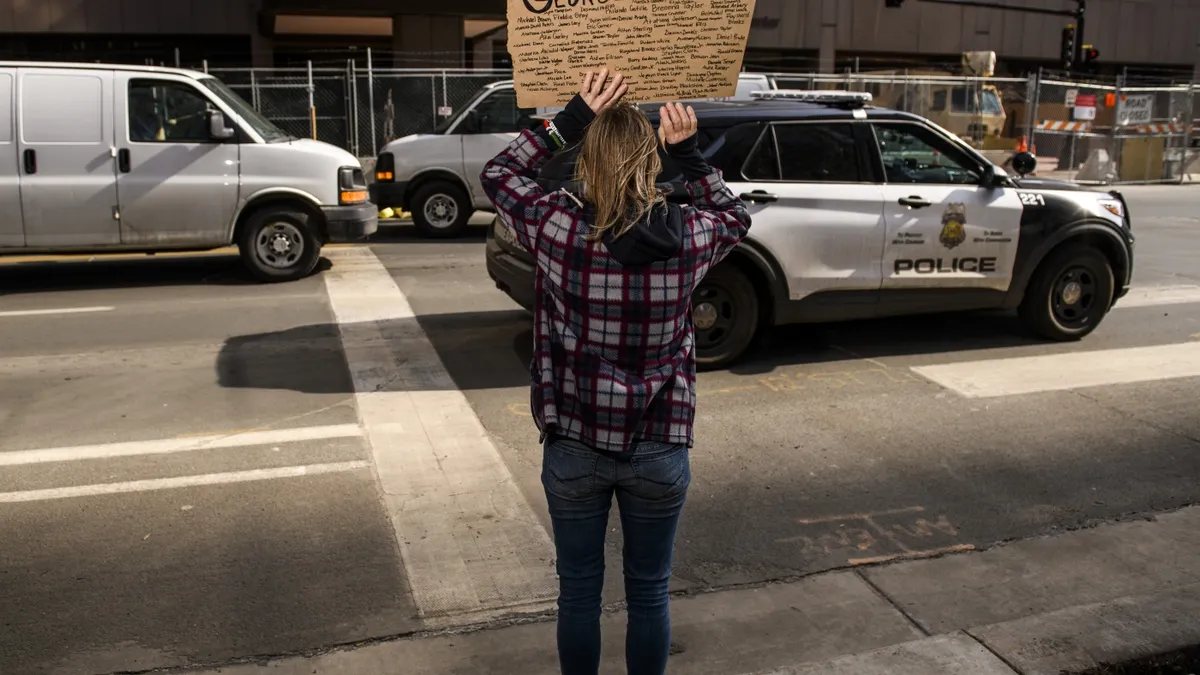
The Justice Department is making a significant shift by stepping back from its legal actions against police departments in Minneapolis and Louisville, Kentucky. This decision marks a departure from the previous administration's strategy of employing consent decrees aimed at ensuring accountability within law enforcement agencies. The announcement comes just days ahead of the solemn anniversary of George Floyd's murder in Minnesota, nearly five years ago, which ignited nationwide protests against police brutality and racial injustice.
On May 25, 2020, George Floyd, a Black man, was murdered by Derek Chauvin, a white police officer, who was filmed pressing his knee onto Floyd's neck for over nine minutes while Floyd lay handcuffed on the pavement. This brutal act of violence led to widespread outrage and mobilized a movement demanding systemic changes in policing practices across the nation. Chauvin was later convicted of murder and federal civil rights violations.
During a recent press conference, Harmeet Dhillon, the assistant attorney general for civil rights, revealed the plan to dismiss ongoing lawsuits and retract findings issued by the Biden administration regarding alleged constitutional violations by police. Dhillon emphasized that the timing of this decision was not influenced by the approaching anniversary of Floyd's death but was driven by impending court deadlines.
In her statement, Dhillon criticized the Biden Civil Rights Division's approach, describing it as a failed experiment that burdened local leaders and police departments with what she termed factually unjustified consent decrees. She argued that these agreements amounted to unnecessary micromanagement of local police forces, potentially incurring compliance costs of millions of dollars.
As part of this broader shift in strategy, the Justice Department announced it would also be closing investigations into police practices in six additional jurisdictions, including:
Phoenix, Arizona Trenton, New Jersey Memphis, Tennessee Mount Vernon, New York Oklahoma City, Oklahoma Louisiana State PoliceDhillon expressed confidence that the majority of police officers and departments operate within the law. However, she reiterated that the Department of Justice remains committed to addressing civil rights and constitutional violations. Dhillon stated that when police departments fail to uphold the law, the DOJ will take all necessary actions, including criminal prosecutions, to protect civil rights.
This shift reflects a significant change in the federal approach to policing and accountability, raising questions about the future of civil rights enforcement in law enforcement agencies across the United States.